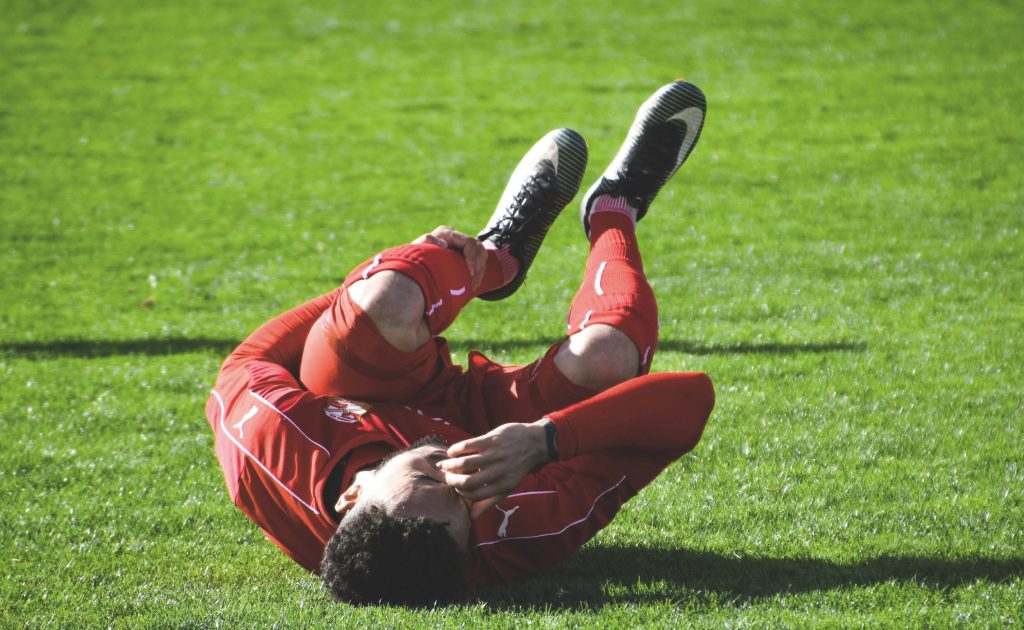Any athlete or person that participates in sport or exercise will likely experience an injury. These injuries can range from a mild sprain to a more severe fracture. In most cases, the injury will heal on its own with a little bit of rest. However, there are times when an injury requires treatment from a physiotherapist to speed up the healing process and ensure a complete recovery.
Sports injuries, whether long or short-term, can seriously impact performance. If not treated properly, injuries can hamper you for a long period as the body may not recover to a condition as strong as it was prior. Therefore, physiotherapy can undoubtedly help with any injury to ensure that muscles, ligaments and bones recover to their fullest and perhaps become even stronger. A physiotherapist will be well-versed in sports injuries and can provide treatment for a variety of conditions.
What Does a Physiotherapist Do?
As part of treatment, a physiotherapist will provide a variety of services. First, they will assess your injury through physical examination and discussion with you. As physiotherapists take a holistic view, they will likely look at multiple spots of your body that may impact or be impacted by your injury. Once they have diagnosed your issue, a physiotherapist will then develop a bespoke treatment plan with you. This will likely include physical therapy and massage, but may also involve electrotherapy, ultrasound, and heat or cold treatment. This is designed to help reduce pain, inflammation, and muscle spasms, and to improve range of motion, strength, and joint function.
A physiotherapist will also provide strengthening exercises. These exercises are designed to strengthen the impacted area and potentially improve reflexes and balance. This will help to stabilise the area and prevent future injuries from occurring.
How Can a Physiotherapist Help?
Depending on the injury, a physiotherapist will adapt their treatment to ensure that your injury is dealt with. However, generally speaking, the benefits remain the same and will likely lead to enhanced recovery.
Improve Recovery Rate
Sports massage is a type of massage that is used to help relieve the pain and tension that is often associated with sports injuries. A physiotherapist will use a variety of techniques, such as deep tissue massage, to help loosen the muscle fibres and promote faster muscle repair by enhancing nutrient delivery and blood flow to the muscles and surrounding area. Ice therapy is another common treatment that is used to reduce inflammation and pain. This is helpful because it helps to control the swelling and bleeding that can often occur with a sports injury. This is important when it comes to massage and physical therapy as a physiotherapist can reach the necessary areas and is not hampered by swelling or obstructions.
This enhances the recovery rate as a physiotherapist can be effective in providing treatment and dealing with your injury as soon as possible.
Improving Joint & Muscle Flexibility
Most athletes rely on being flexible, however, this is not always the case. A lack of flexibility can cause muscles to tear or strain. Hence, part of the treatment prescribed by a physiotherapist is designed to enhance an individual’s flexibility. Flexibility considers both the muscle’s and joints’ range of movements. As both elements become more flexible, the stronger the area becomes and the more adept it is at performing at a high intensity. Increasing flexibility can be achieved through a variety of exercises and stretches that are tailored to the person’s specific needs.
It is important to increase flexibility for a variety of reasons when recovering. Firstly, a lack of flexibility can cause muscles to work harder than they should, leading to fatigue and a longer recovery time. Secondly, good flexibility allows an athlete to move through a greater range of motion, meaning they are less likely to injure themselves again and enables them to perform to their maximum. Finally, stretching helps keep the muscles warm and elastic, reducing the risk of cramps or strains.
Relieving Muscle Soreness
If you are a regular exerciser, you know the muscle soreness that follows a good workout. This type of soreness is called delayed onset muscle soreness (DOMS) and is caused by microscopic tears in the muscles. While DOMS can be a bit uncomfortable, it generally subsides within a few days.
If your DOMS is severe or persists for more than a week, it may be a sign that you have injured yourself. In this case, it is important to seek medical help from a physiotherapist. A physiotherapist can provide you with exercises and stretches to help relieve your muscle soreness and improve your range of motion. If you have severe muscle soreness, physical therapy can also help. This increases the blood flow and warms the muscle, increasing its pliability and removing any lactic acid which can contribute to soreness and cramps.
Preventing Future Sports Injuries
Physiotherapy is a vital part of any sport’s injury prevention program. By working with a physiotherapist, you can develop a program that is tailored to your specific needs, which will help to keep you safe and injury-free while playing your sport.
Physiotherapists typically recommend exercises to athletes that will help them in becoming more flexible so that their range of motion can be improved. For injuries in the ankle or leg, a physiotherapist will likely prescribe balancing exercises. These are designed to not only strengthen and increase the flexibility of a muscle or joint but also improve the natural reactions of the area in your body. By reacting quickly to sudden movement, your body reduces the likelihood of a muscle or ligament overstretching and tearing. As your muscles and joints become stronger and more flexible, the more adept they become at responding to severe intense pain or movement. This reduces the likelihood of an injury occurring as the body becomes better at dealing with punishment.
Another key benefit is that it improves mobility. Often, when a person suffers a sports injury, they can experience a loss in mobility.
Physiotherapy helps to restore the range of movement that was lost, and in some cases, can even improve it. This is extremely important for athletes as a lack of mobility can significantly impact performance. As a result, a physiotherapist can aid an athlete in enhancing performance as their range of motion is enhanced and their performance is boosted.
Why Falcon Health?
At Falcon Health, we provide physiotherapy for those suffering from sporting injuries. Our team of experienced physiotherapists can help you to get back to your sport as quickly as possible. Alternatively, if you require any other treatments, be sure to check them out.
If you are suffering from a sports injury of any kind, don’t hesitate to contact us to schedule an initial consultation. To learn more, please explore our website or contact our experts at 01444 257555 or info@falcon-health.com
Article: Phoenix Marketing






